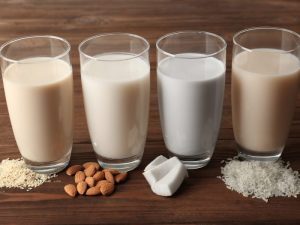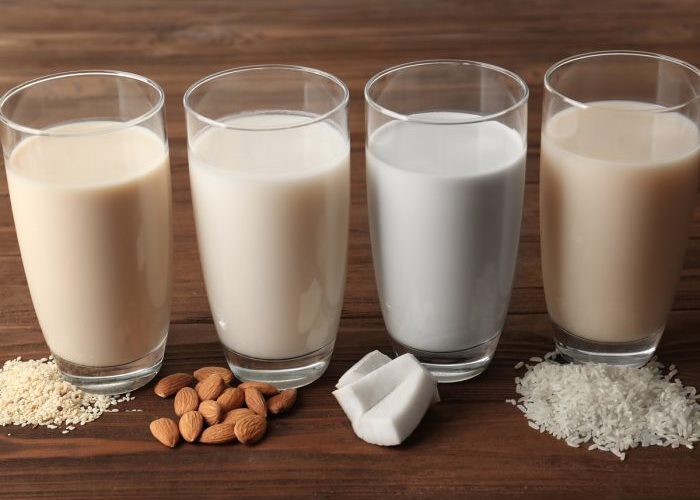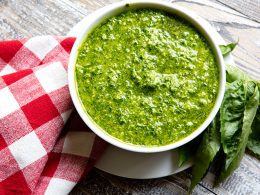Milk is a dietary staple for many, providing essential nutrients like calcium and vitamin D. However, with numerous milk alternatives and dairy options available, choosing the healthiest milk for your diet can be a daunting task. This guide offers an overview of various types of milk and provides insights on selecting the healthiest option based on your nutritional needs.
1. Cow’s Milk: A Classic Choice
Cow’s milk is a traditional and widely consumed choice, known for its rich nutrient profile. Here are some key variations:
- Whole Milk: Contains about 3.25% fat and is rich in vitamins and minerals. It is a good choice for young children who need the extra fat for growth.
- 2% Milk: With reduced fat content (2%), it offers a balance between flavor and lower fat intake.
- 1% Milk: Contains only 1% fat, making it a lighter option while still providing essential nutrients.
- Skim Milk: Fat-free, it is a low-calorie choice that retains the vitamins and minerals found in whole milk.
2. Plant-Based Milks: Dairy-Free Alternatives
Plant-based milks have gained popularity among those who are lactose intolerant, vegan, or simply seeking variety. Common options include:
- Almond Milk: Low in calories and fat, almond milk is often fortified with calcium and vitamin D. It has a slightly nutty flavor.
- Soy Milk: A good source of protein and nutrients, soy milk closely resembles cow’s milk in terms of nutritional content.
- Oat Milk: Creamy and versatile, oat milk is naturally sweet and contains beta-glucans, which are beneficial for heart health.
- Coconut Milk: Creamy and rich, coconut milk is often used in cooking and baking. However, it is high in saturated fat.
- Rice Milk: A hypoallergenic option, rice milk is the least likely to cause allergic reactions. It is less protein-rich than other plant-based milks.

https://www.organicfacts.net/wp-content/uploads/typesofmilk.jpg
3. Nutrient Considerations
When choosing the healthiest milk for your diet, it’s essential to consider your specific nutritional needs:
- Calcium: Ensure that your milk choice is a good source of calcium, which is essential for bone health.
- Protein: Consider your protein intake, especially if you are vegetarian or looking to build muscle. Cow’s milk and soy milk are higher in protein.
- Vitamins and Minerals: Look for milk options fortified with essential vitamins and minerals, such as vitamin D, vitamin B12, and folic acid.
- Caloric Intake: If you are watching your calorie intake, opt for lower-calorie milk options like skim milk or unsweetened plant-based milks.
- Lactose Intolerance: If you are lactose intolerant, choose lactose-free cow’s milk or opt for plant-based milk alternatives.
- Dietary Preferences: Consider your dietary preferences and ethical beliefs. If you follow a vegan diet or have specific dietary restrictions, plant-based milks may be more suitable.
4. Taste and Texture
The taste and texture of milk can greatly influence your choice. Experiment with different types to find one that you enjoy and can easily incorporate into your diet. Taste preferences vary, so personal preference plays a significant role in choosing the right milk for you.
5. Allergies and Sensitivities
If you have allergies or sensitivities, such as nut allergies or gluten intolerance, be sure to choose milk that aligns with your dietary restrictions and doesn’t trigger adverse reactions.
6. Consult a Dietitian
For personalized guidance on selecting the healthiest milk for your diet, consult a registered dietitian. They can consider your individual nutritional needs and preferences to help you make an informed choice.

Conclusion
Choosing the healthiest milk for your diet involves considering factors such as nutritional content, taste, dietary preferences, allergies, and dietary restrictions. While cow’s milk offers a classic and nutrient-rich option, plant-based milks provide dairy-free alternatives. To make an informed decision, assess your specific nutritional needs and personal preferences. Consulting with a dietitian can offer tailored guidance, ensuring that your milk choice aligns with your individual dietary requirements and supports your overall health and well-being.











